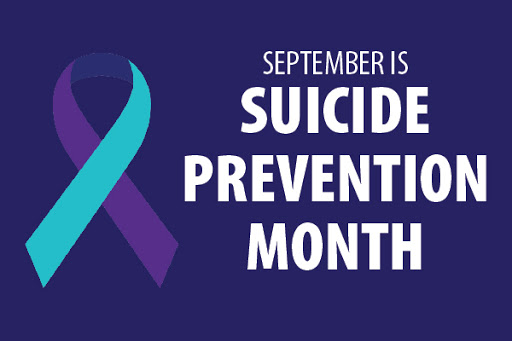Suicide Prevention Month
Suicide is a health crisis and one of the leading causes of preventable death in our nation. National Suicide Prevention Month is an annual campaign to raise awareness and advocate for suicide prevention while educating on the risk factors and warning signs.
Now more than ever, mental health issues have increased with the fear and uncertainty of the COVID-19 pandemic. Many developed new stressors and were removed of the resources they traditionally used to cope. Suicide is preventable and we all have a part to play.
There are many coping strategies such as exercise or relaxation techniques that a mental expert like a psychologist or social worker can recommend.
Whether you have struggled with suicide yourself or have lost a loved one, know you are not alone. The key to prevention is recognizing the warning signs:
Don’t be afraid to seek help when you need it or approach someone who is struggling.


